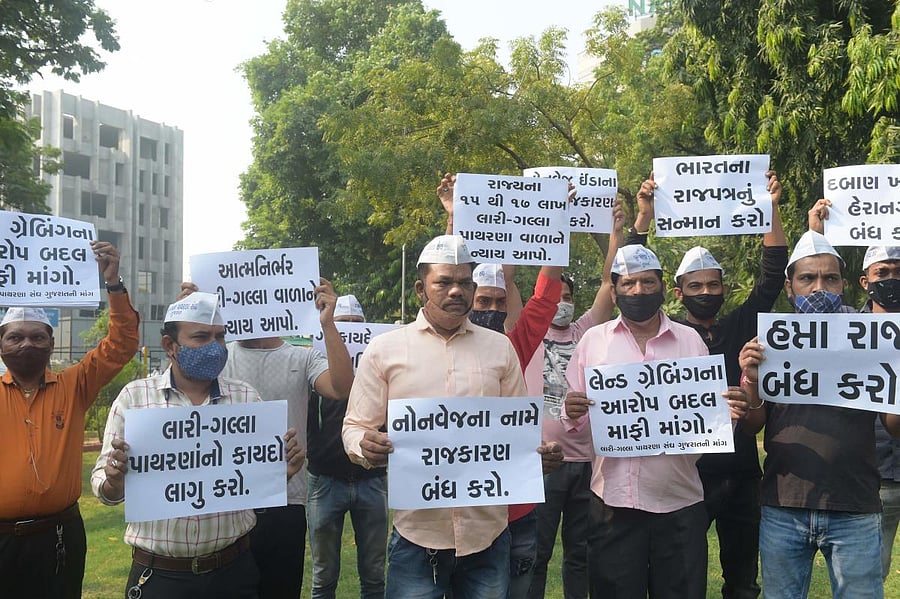
The Gujarat High Court’s strictures against the Ahmedabad Municipal Corporation over the latter’s campaign against non-vegetarian street food are as strong as they could come, and underline the importance of a basic right that is increasingly under attack. The court asked the corporation: “How can you decide what I eat?’’, and did some tough talking. It told the corporation clearly that citizens had the right to eat what they wanted to and the corporation could not impose its views on them. The orders were in response to petitions filed by some street vendors whose carts had been seized by municipal authorities for selling non-vegetarian food. The court ordered the return of the carts and other seized materials to the vendors with a strict warning against such drives “under the guise of implementing something.” The court’s questions were clear and direct: What is your problem?… Tomorrow you will decide what I should eat outside my house?… Why are you doing this?… How do you dare to indiscriminately pick up people like this?”
The corporation told the court that the drive was to clear the “encroachments on the road, which is a hindrance to public traffic or absolute blockage of pedestrians”. This was a “guise’’ as the court noted; the action was actually directed against Muslims who dominate the street food business. The ban on non-vegetarian food and the seizures were effected even without proper official orders as part of a political campaign against the sale of meat and eggs. Four cities of Gujarat — Rajkot, Vadodara, Bhavnagar and Ahmedabad — implemented the plan, backing it up with spurious arguments. It was claimed that the sight of meat and eggs offended the religious sentiments of Hindus, that they had unpleasant smells and were against “Gujarat’s identity and Karnavati city’s cultural tradition” and that they had a negative impact on children's minds.
All these are bad and motivated arguments. Over 40% of the people of Gujarat are meat-eaters and it is wrong to call it a ‘vegetarian state’. Most people of the country are also non-vegetarians. There is no taboo against meat-eating. The campaign against it is of recent origin, and is driven by divisive politics. There is a bid to identify Hinduism with vegetarianism and other religions with non-vegetarianism. This is wrong, just as attempts to construct other divisive and opposing identities are. Various tastes, habits and traditions relating to food, dress, etc., exist in a diverse country like India and none of them is better or greater than the others. The State should not interfere with the personal choices of citizens in these matters. The court has made this clear.
Check out DH's latest videos:
